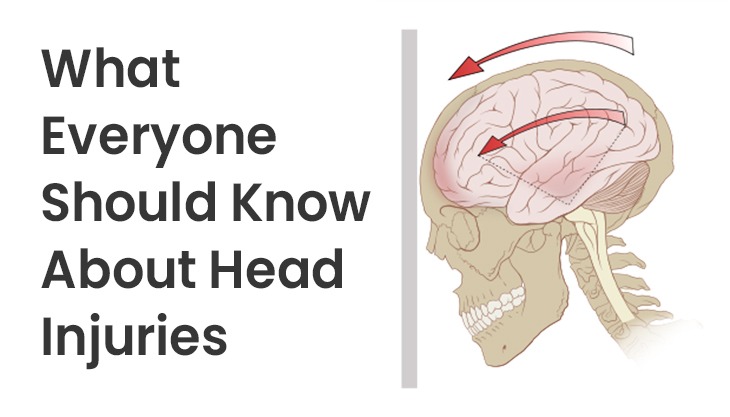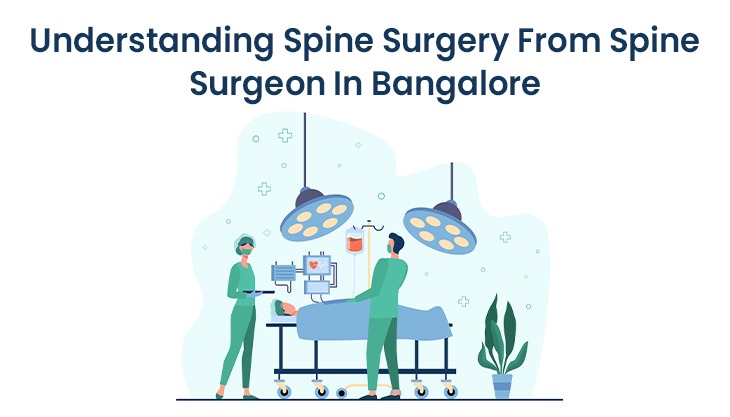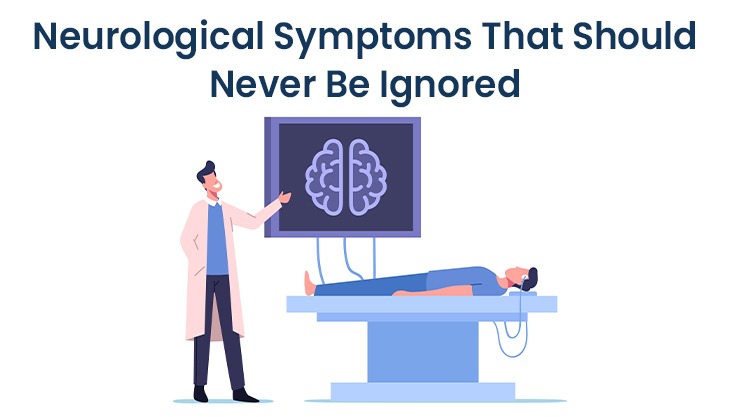Head injuries are the common disability experienced by people and a direct blow to the head, but shaking may also lead to severe damage. The head is located in the nervous system and the damage caused in the nervous system leads to serious issues. The study of the nervous system is called neurology. The head injury can range from a mild swallow in the head region or bruise to a traumatic head injury. The common head injuries are skull fractures, scalp wounds, and concussions. The side effects and treatments may vary, based on what caused your head injury and how severe it is. The head area is perched on the neck, and rapid acceleration or deceleration of the head can lead to brain damage. The face and jaw are present in the head region of the head, and brain injury may also be associated with injuries or trauma to these structures. The main thing you need to consider is that a head injury does not always mean that there is also a brain injury. Head injuries may happen either in a closed or open condition. A closed head injury is any type of injury that doesn’t break your skull region. It can be complex to access how serious a head injury is just by looking. Some types of minor head injuries bleed a lot, on the other hand, some major injuries do not bleed at all. It is essential to treat all head injuries seriously and get a neurosurgeon consultation. Every year, many people face accidental head injuries while they are engaged in adventure activities, favorite sport, and traveling in a vehicle. If not given proper medical attention, these head injuries may result in mental impairments, permanent disability, and even death. Read this article to understand all about head injuries.
Cause Of Head Injury
The brain is a soft organ that is surrounded by spinal fluid and protected safely by the skull region. In general, the fluid surrounding the brain acts like a cushion that protects the human from banging into the skull. But if an individual head is hit harem, the brain can crash into the skull and be injured. Concussions may result from falls, car crashes, playground injuries, fights, and bike accidents.
The Major Types Of Head Injuries are:
Hematoma: it is a collection, or clotting, of blood surrounding the blood vessels. When a hematoma occurs in the brain, it may lead to serious issues. The clotting can result in pressure building up inside your skull and this can lead to loss of consciousness or permanent brain damage.
Edema: any brain can injury lead to swelling, or edema. Many injuries can cause swelling of the surrounding brain tissue, but it is more serious when it occurs in your brain.
Skull Fracture: it is a crack or breaks in one of the skull’s bones. In some rare cases, the skull is dented inward so that fragments of shattered bone are pressed against the surface of the brain region. A broken skull cannot absorb the impact of a blow, making it more likely that there is also damage to your brain.
Diffuse Axonal Injury: it is an injury that damages the brain cells and results in them not being able to function properly. It also leads to swelling and causes more damage. It is the most serious brain injury and can even result in permanent brain injury.
Concussion: if there are any symptoms of confusion, memory impairment after traumatic brain injury is called a “concussion”. Some of the common symptoms of a concussion are coordination problems, temporarily losing consciousness, dizziness, confusion, sleepiness, or seizures.
Signs And Symptoms Of A Brain Injury
The human head area has more blood vessels compared to other parts of the body, so bleeding on the surface of your brain is a serious issue in head injuries.
Some of the common types of minor head injury are:
- Mild headache
- Confusion
- Nausea
- Temporary ringing in the ear
- Lightheadedness
The symptoms of a severe head injury are:
- Seizures
- Vomiting
- Balance problems
- A loss of consciousness
- Abnormal eye movements
- Memory loss
- A loss of muscle control
- Diagnosis And Treatment
Diagnosis
If you experience a head injury or see anyone else get a head injury, make sure that the concerned person gets proper medical attention from an expert doctor. X-rays are used to check for potential skull fracture and stability of the spine. In some rare cases, the doctor may ask for a CT scan and MRI to check on the extent of the damage that occurred.
Treatment
The treatment for head injuries will vary based on the type and severity of the injury. If you have a minor head injury, your specialist may decide to monitor your condition for a shorter period for observation. On the other hand, when you are in the emergency department, a medical expert will ask you periodically about your symptoms and confirm that you're awake. If you are troubled by headaches immediately after your head injury, your specialist may suggest that you try acetaminophen first. If this does not work, your expert will probably prescribe a strong pain reliever. In people with extensive head injuries, treatment will be based on the types of injury and the treatments may include surgery, rehabilitation, and more.
Conclusion
We hope this blog will help you to know all about head injuries. In this type of injury, proper management of airway, circulation, and breathing is necessary to prevent secondary brain injury. You need to undergo neurology-related treatment to solve your problems. If you experience pain in the head region after an accident or fall, It is always better to go for a neurology consultation.






Post Comments